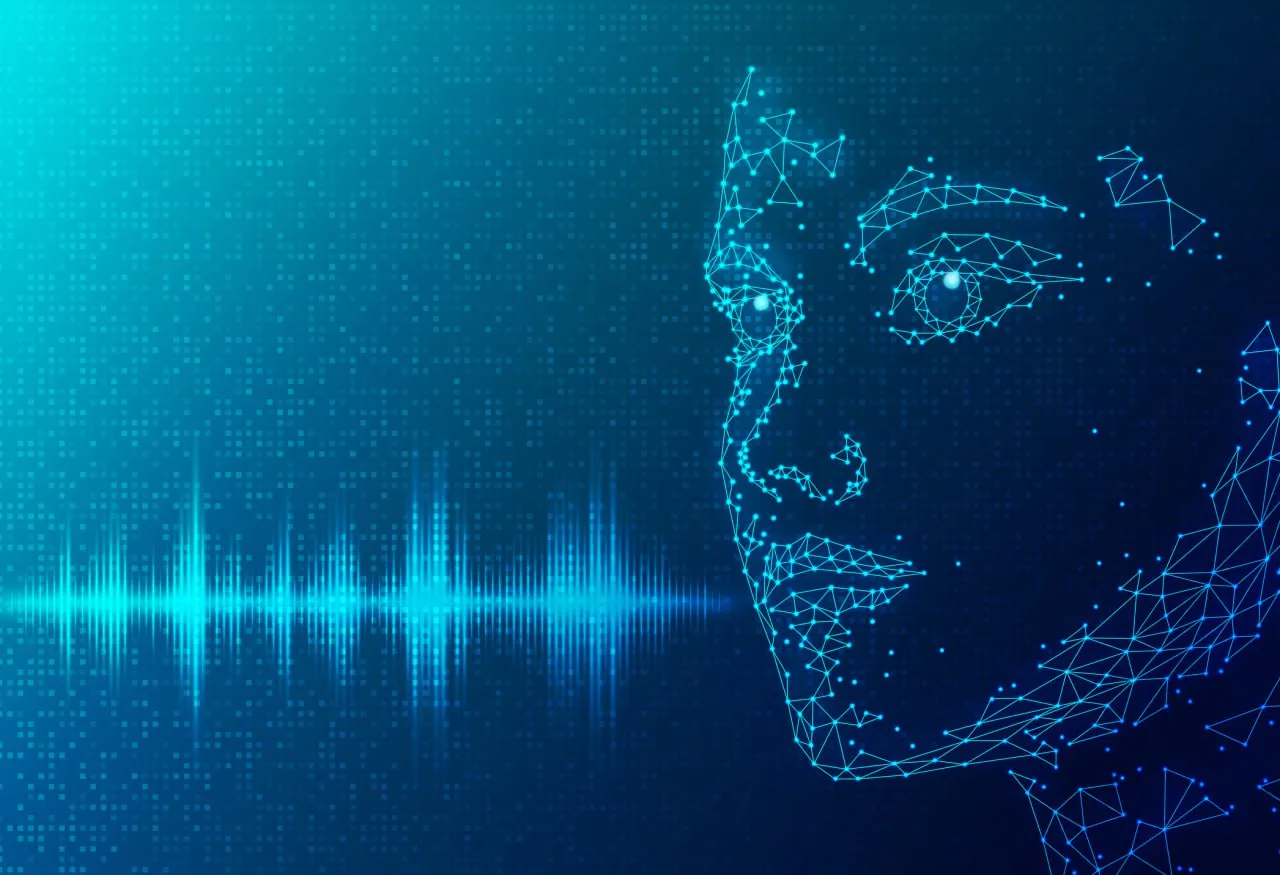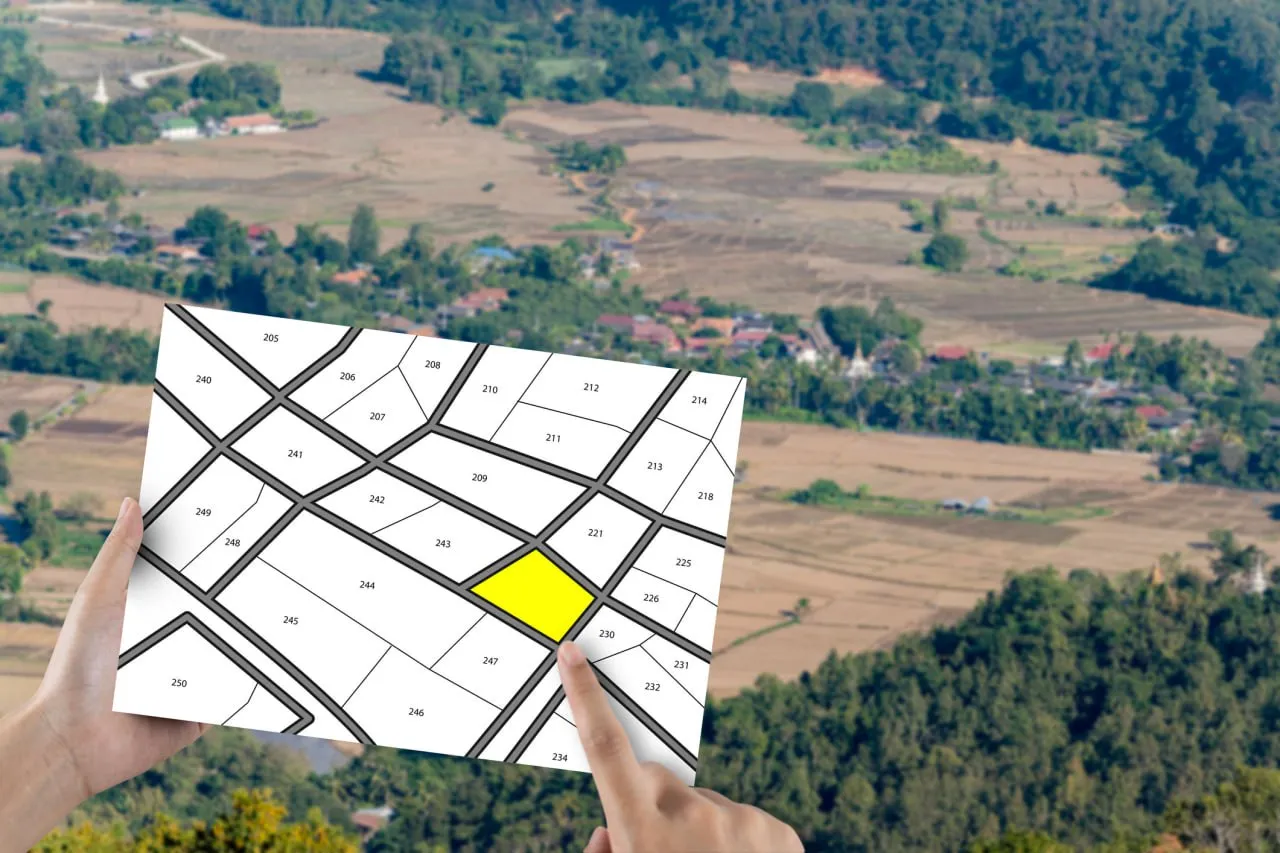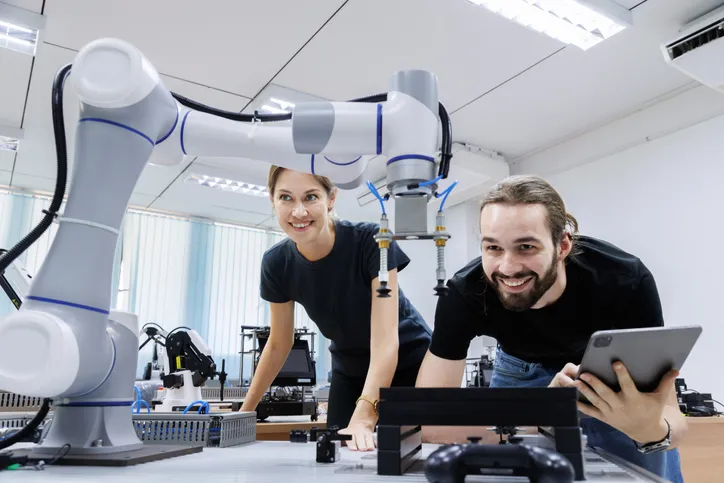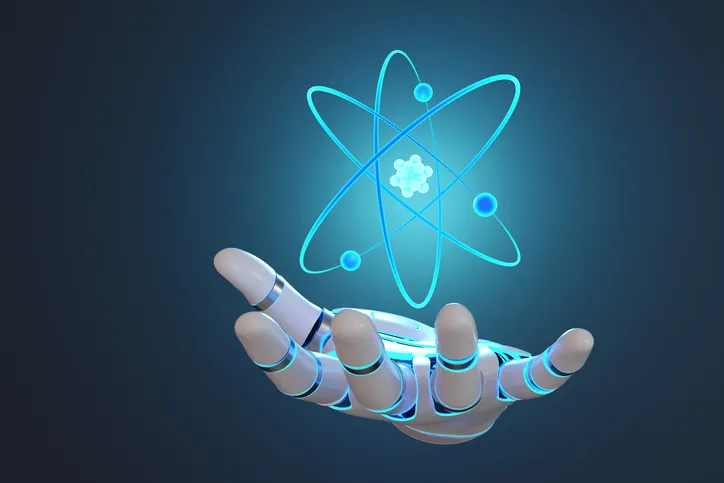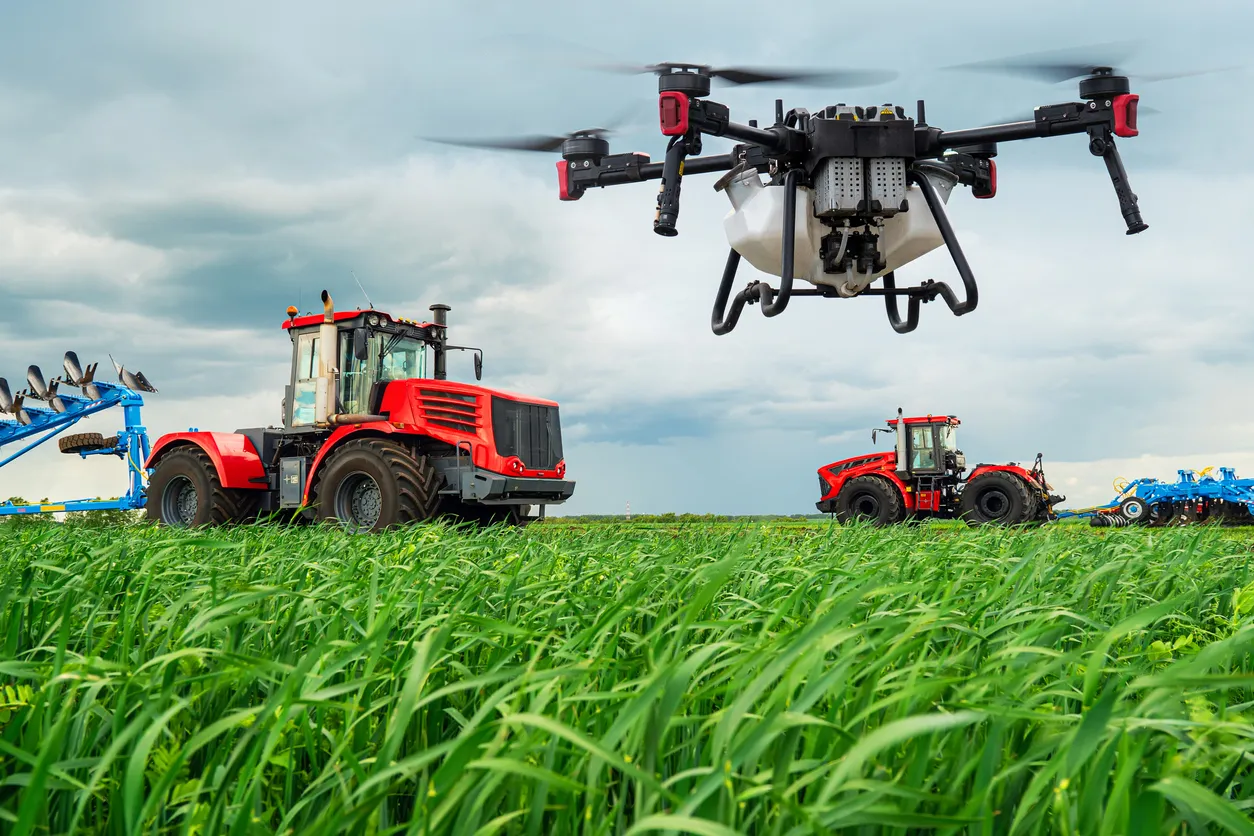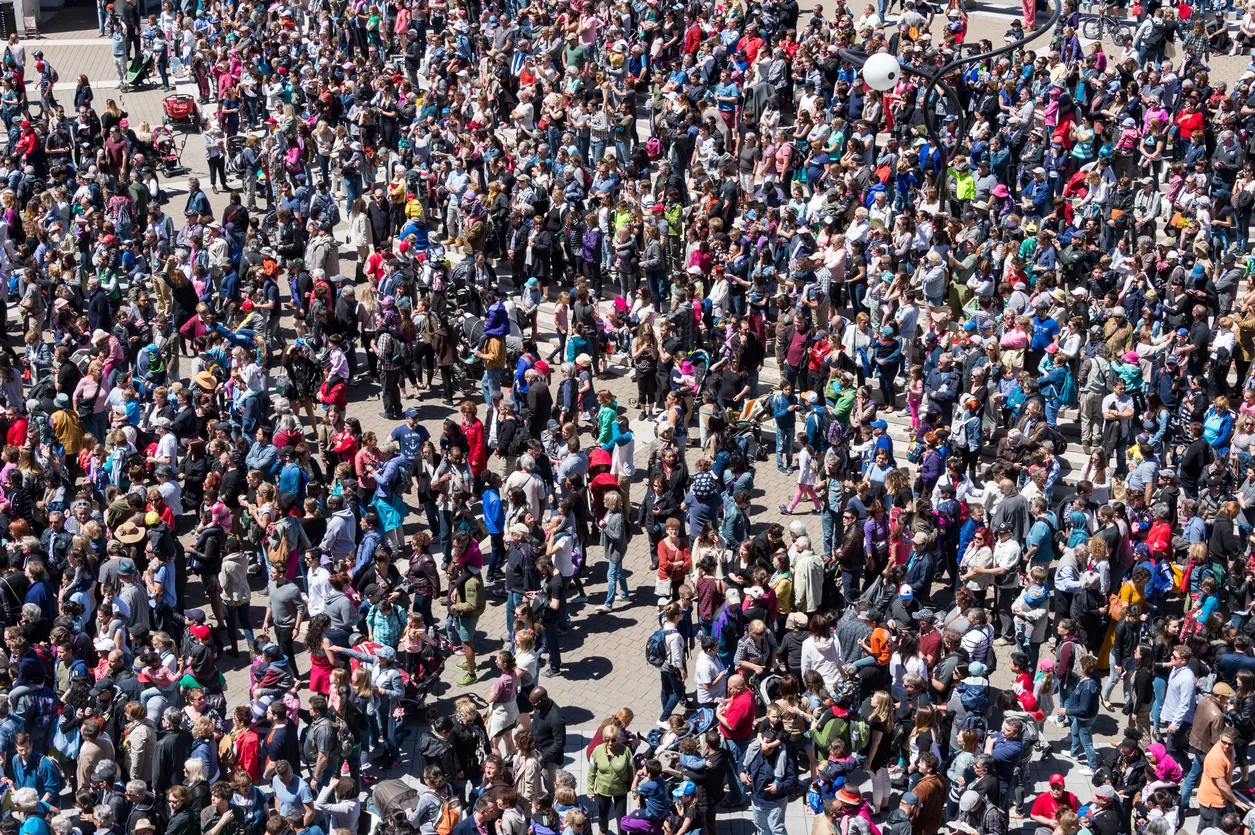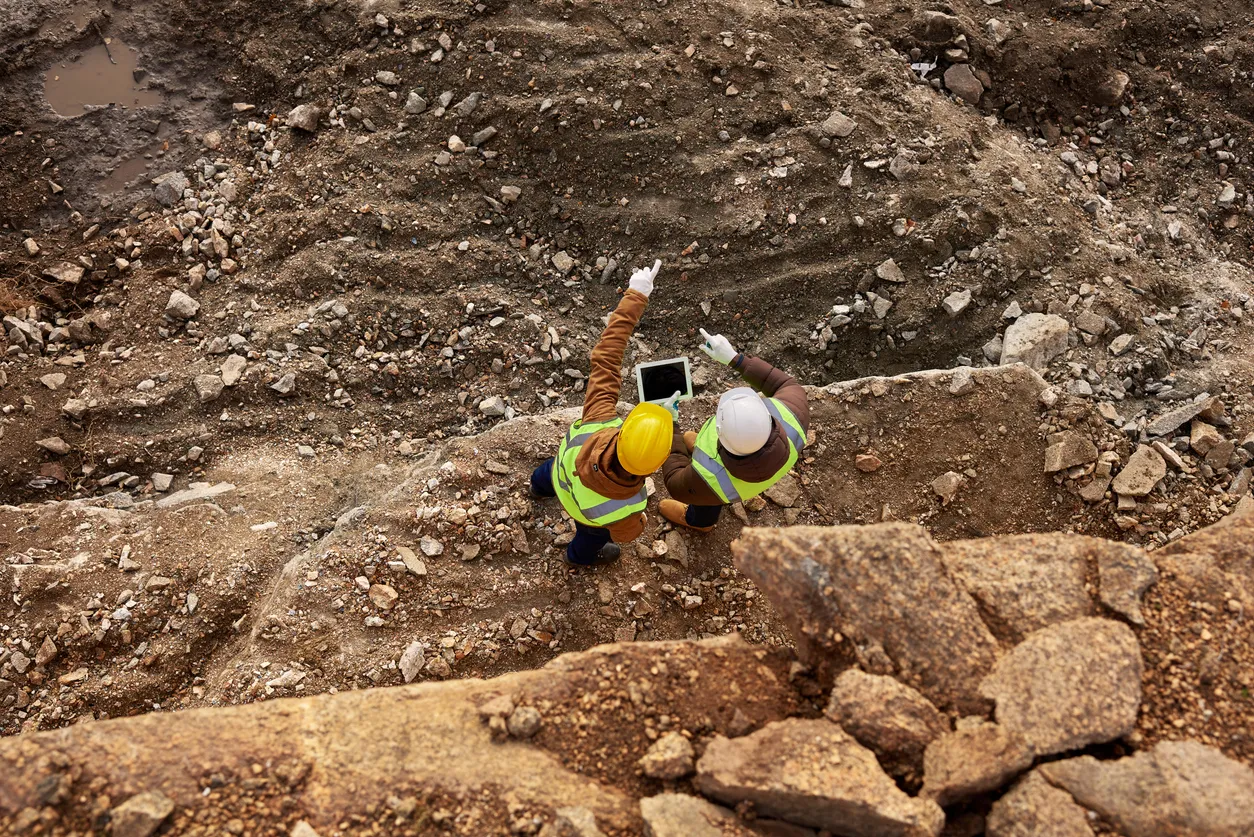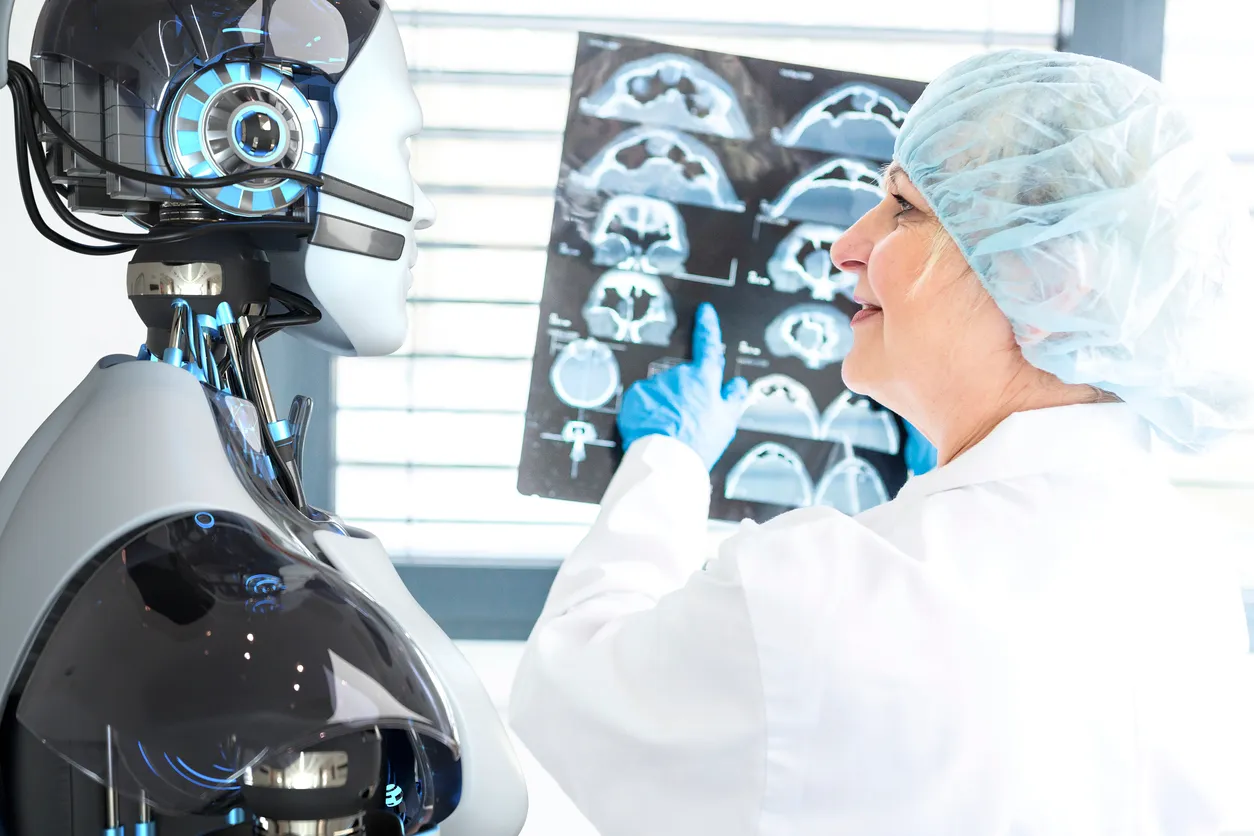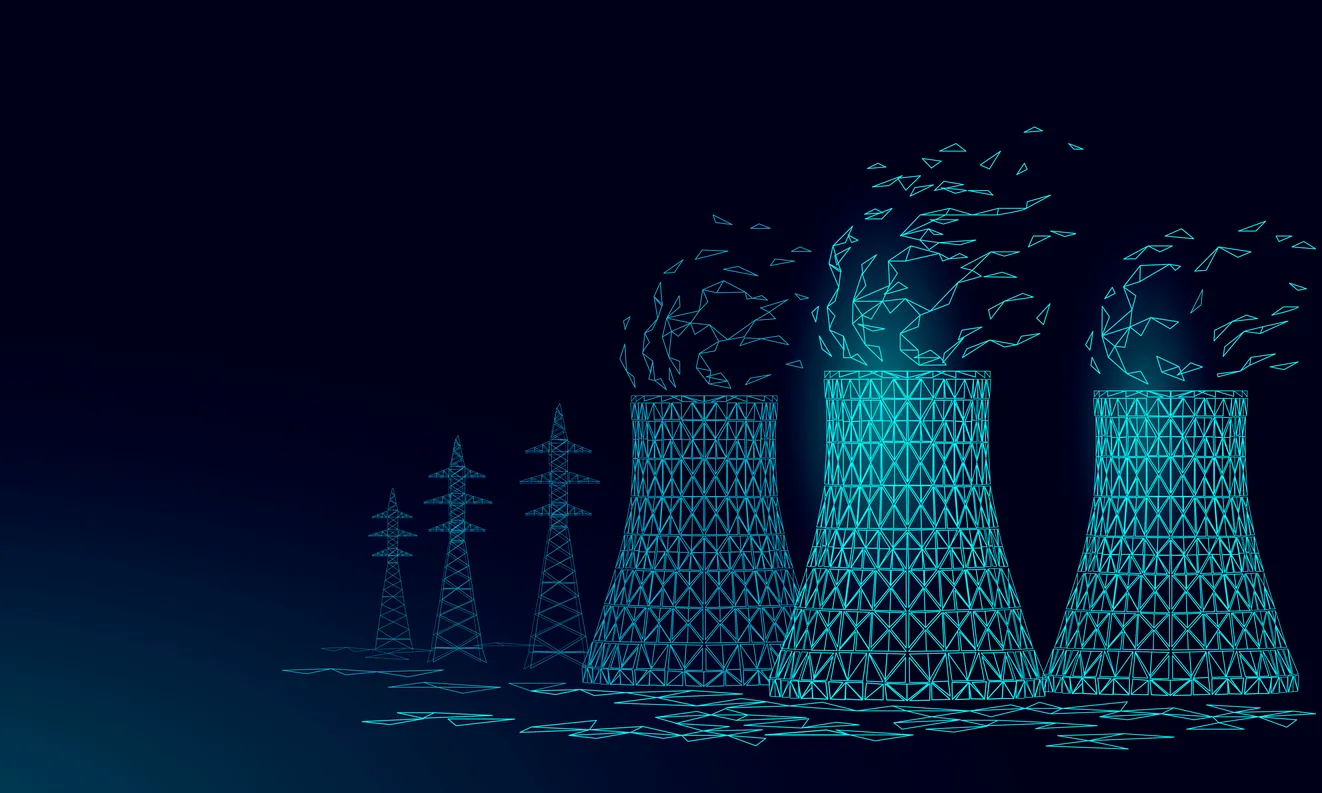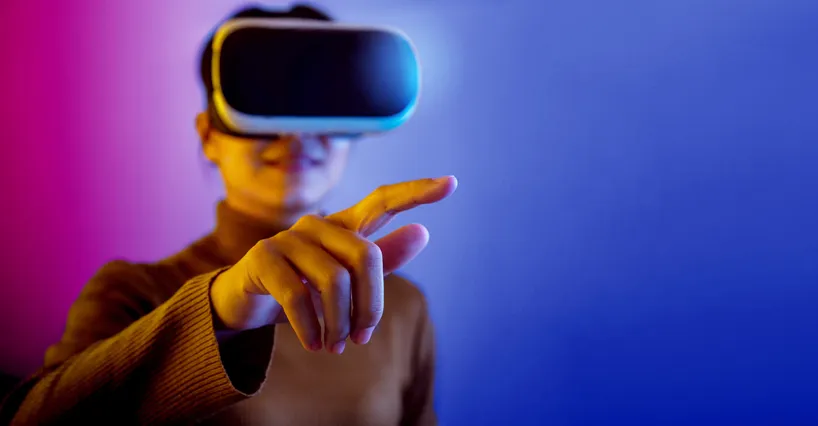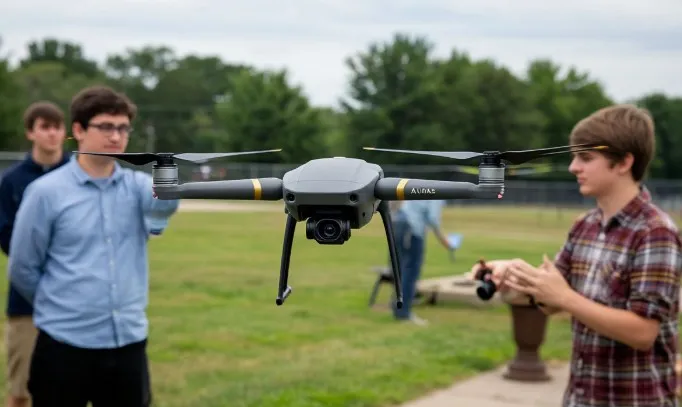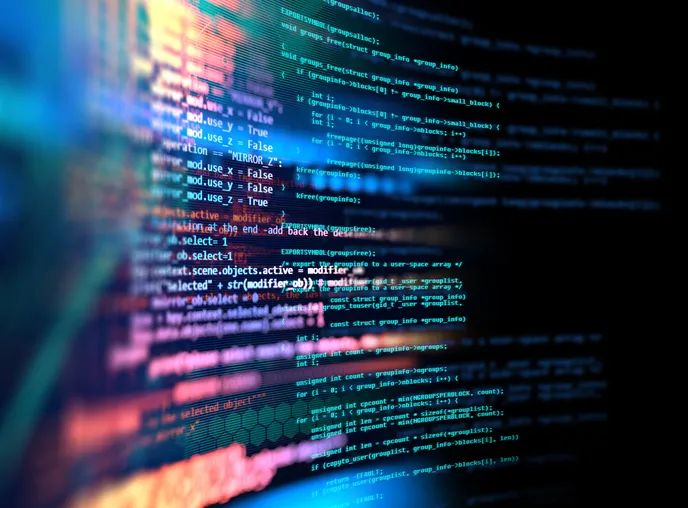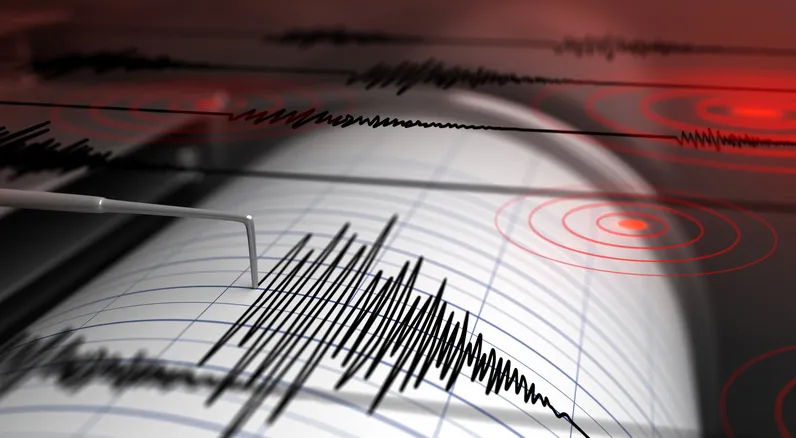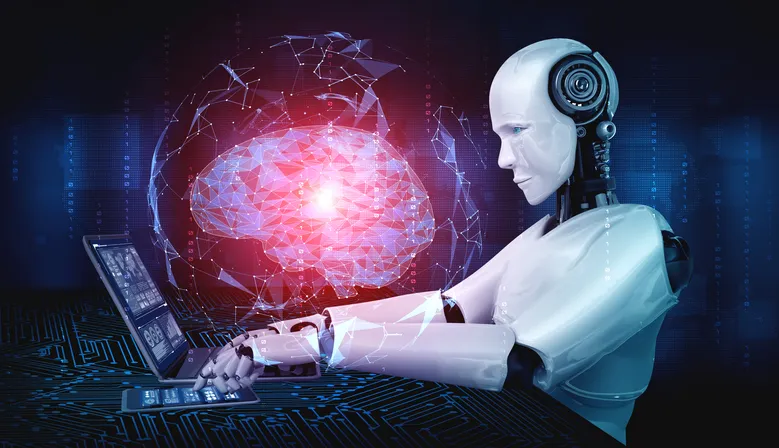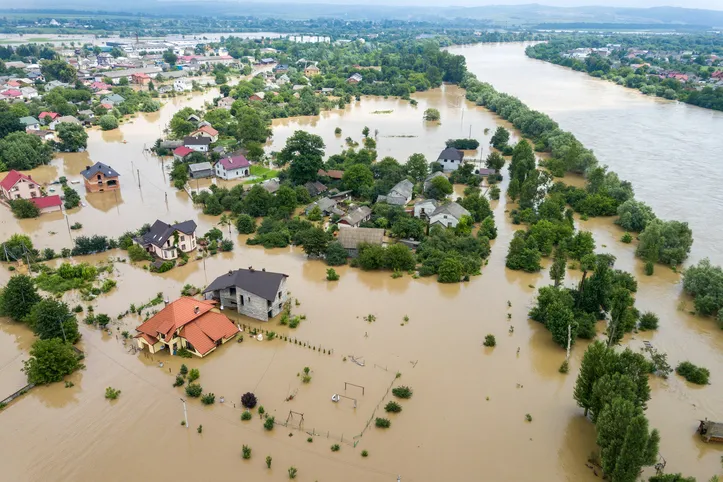Artificial Intelligence Aids Russian Students in Scientific Research

Researchers at the Digital Expertise Center of Roscachestvo outline how neural networks are transforming academic work—speeding up literature searches, automating presentation design, and even drafting entire theses—while universities safeguard integrity through rigorous oversight
AI‑Powered Academic Support
A recent study published by ngs55.ru reveals that Russian undergraduates are increasingly turning to artificial intelligence to tackle scientific assignments. Neural‑network tools now assist with everything from term papers and course projects to full diploma theses. By rapidly aggregating and summarizing scholarly sources, AI accelerates the research phase. It also automates slide creation—formatting charts, inserting citations, and crafting speaker notes—and even solves routine exercises in fields such as mathematics and physics. For students, these capabilities translate into shorter project turnaround times and more polished deliverables, freeing up time for deeper critical analysis and experimentation.
Ensuring Academic Integrity
Despite the convenience of AI support, Russian universities maintain strict controls over its use. All student submissions undergo originality checks via plagiarism‑detection software, stylistic‑analysis algorithms, and specialized services like GPTZero. At Omsk Polytechnic University, faculty assert that experienced instructors can distinguish AI‑generated prose from a student’s own writing style. Meanwhile, the Russian State Pedagogical University now requires learners to clearly annotate any passage produced by an algorithm. This dual approach—leveraging advanced AI detection alongside transparent disclosure—ensures that technological assistance enhances rather than undermines scholarly rigor.
Preparing Students for Responsible AI Use
Experts agree that mastering AI tools is becoming an essential research skill. To that end, many institutions plan to introduce dedicated courses on ethical and effective AI integration. These curricula will cover best practices for prompt design, methods for verifying AI‑sourced information, and strategies for blending automated outputs with original thought. Universities also intend to refine their anti‑plagiarism frameworks, incorporating machine‑learning techniques to spot increasingly subtle forms of text recycling. By equipping students with both the technical know‑how and the ethical judgment to use AI responsibly, Russian higher‑education institutions aim to foster a generation of researchers who can harness cutting‑edge technologies for genuine scientific advancement—ultimately benefiting society through faster discovery, more robust experimentation, and enhanced collaboration.


